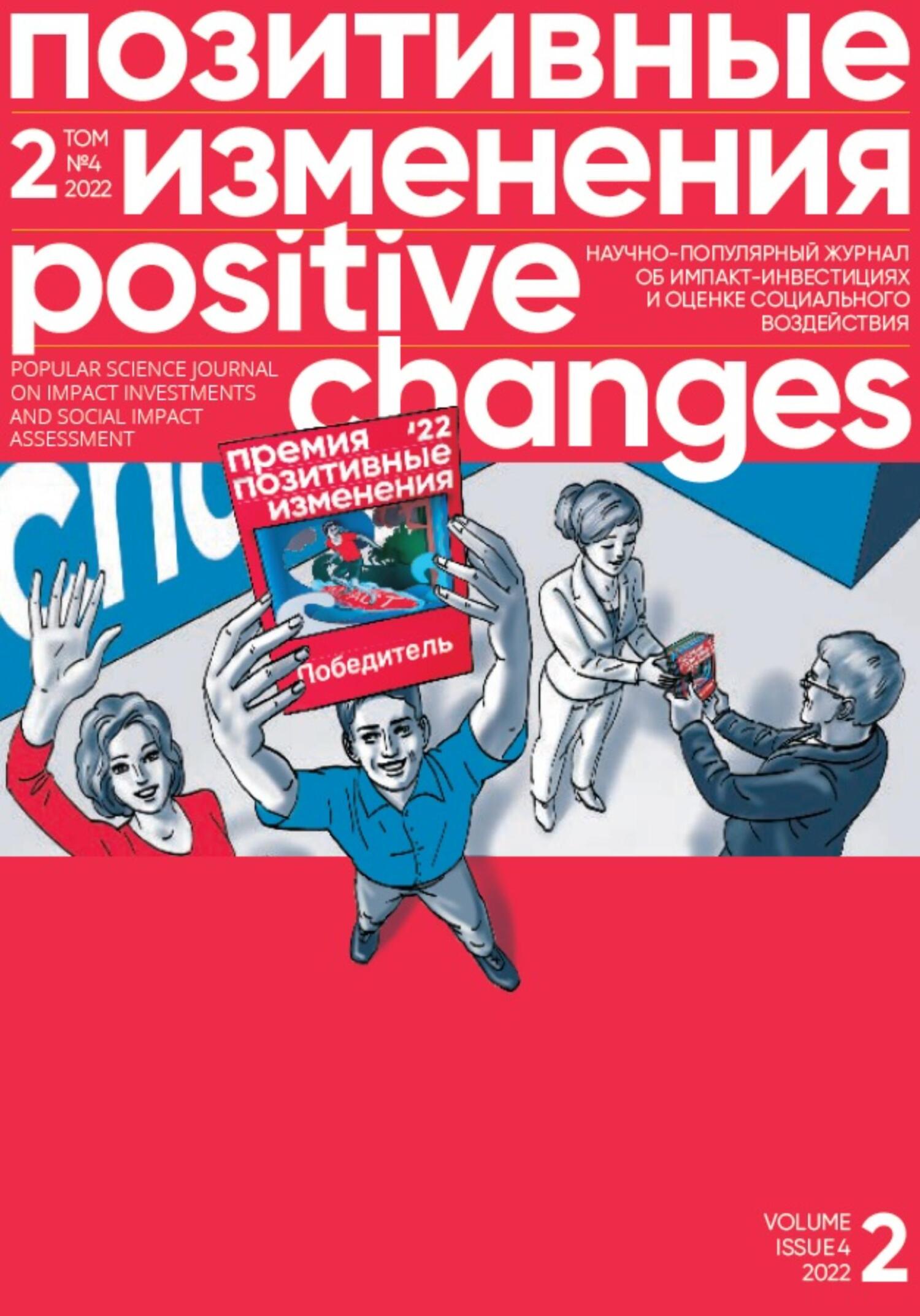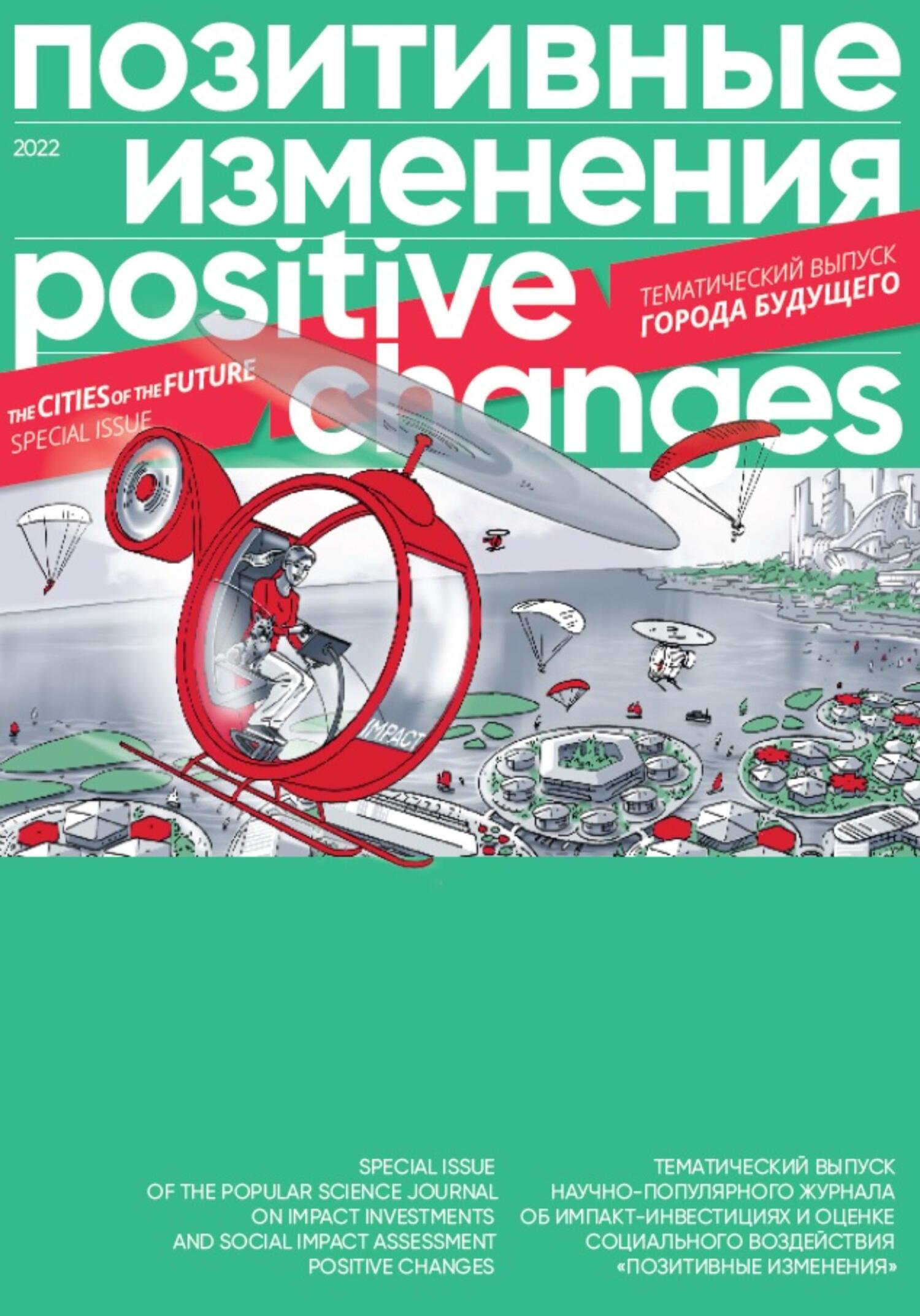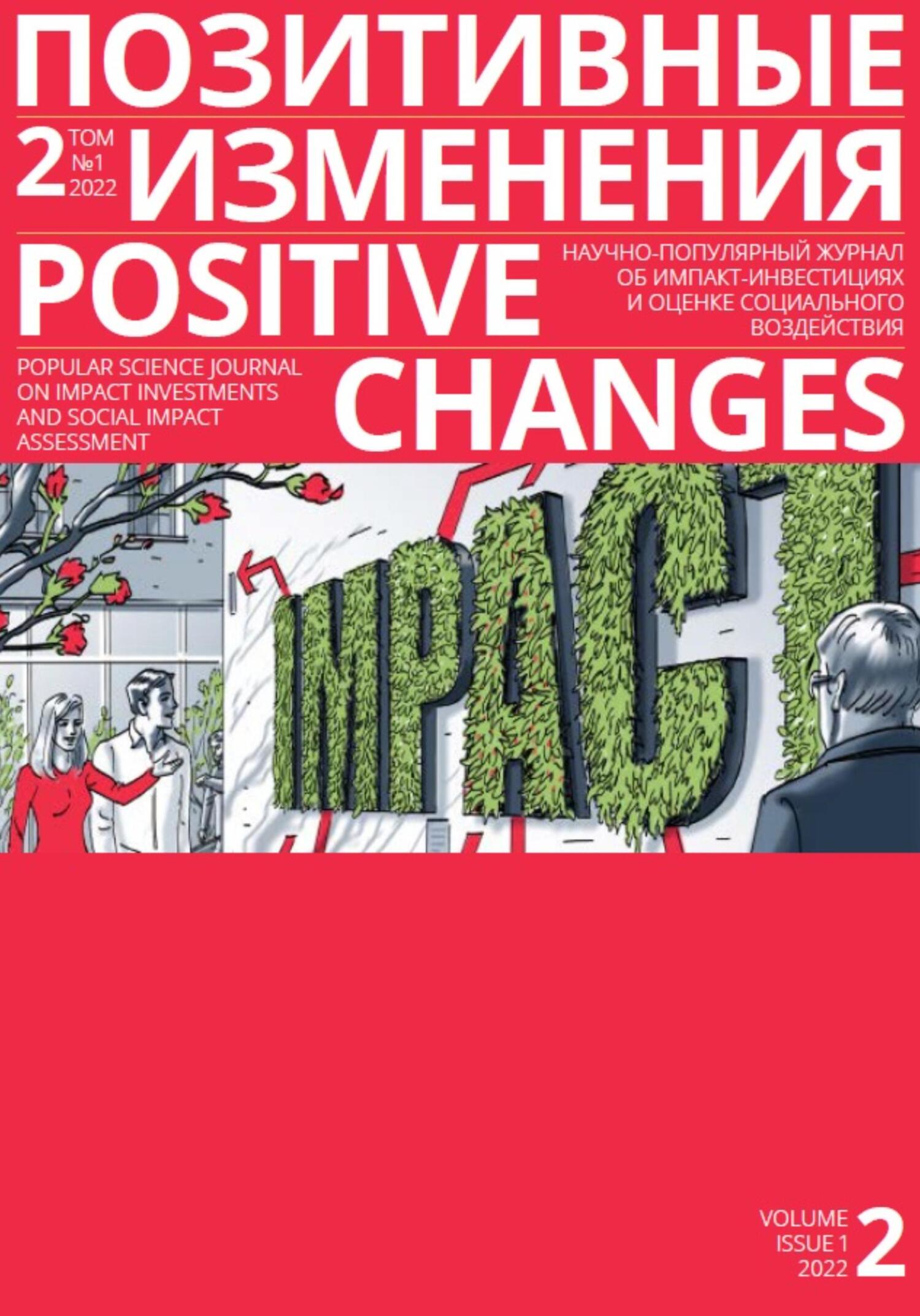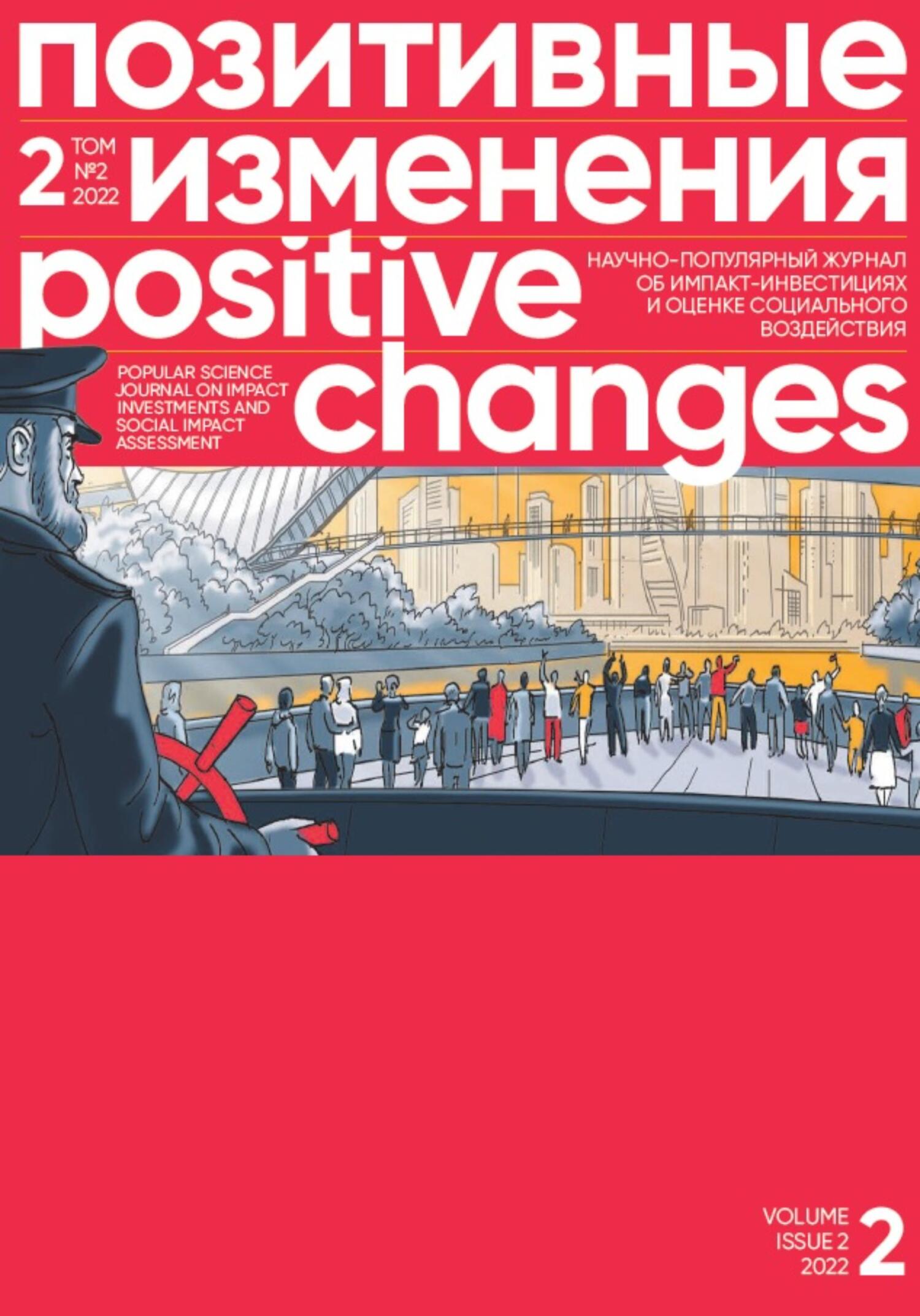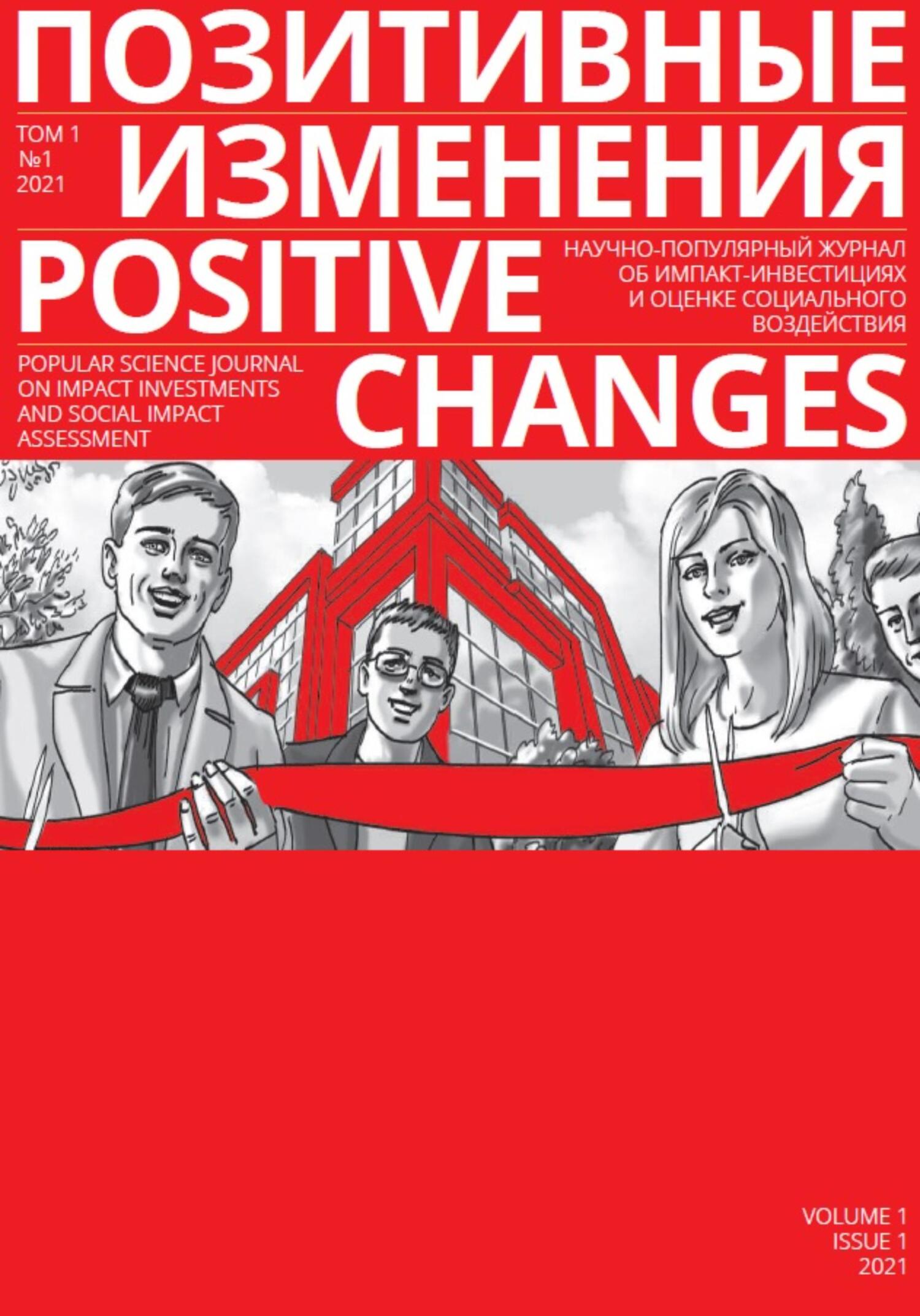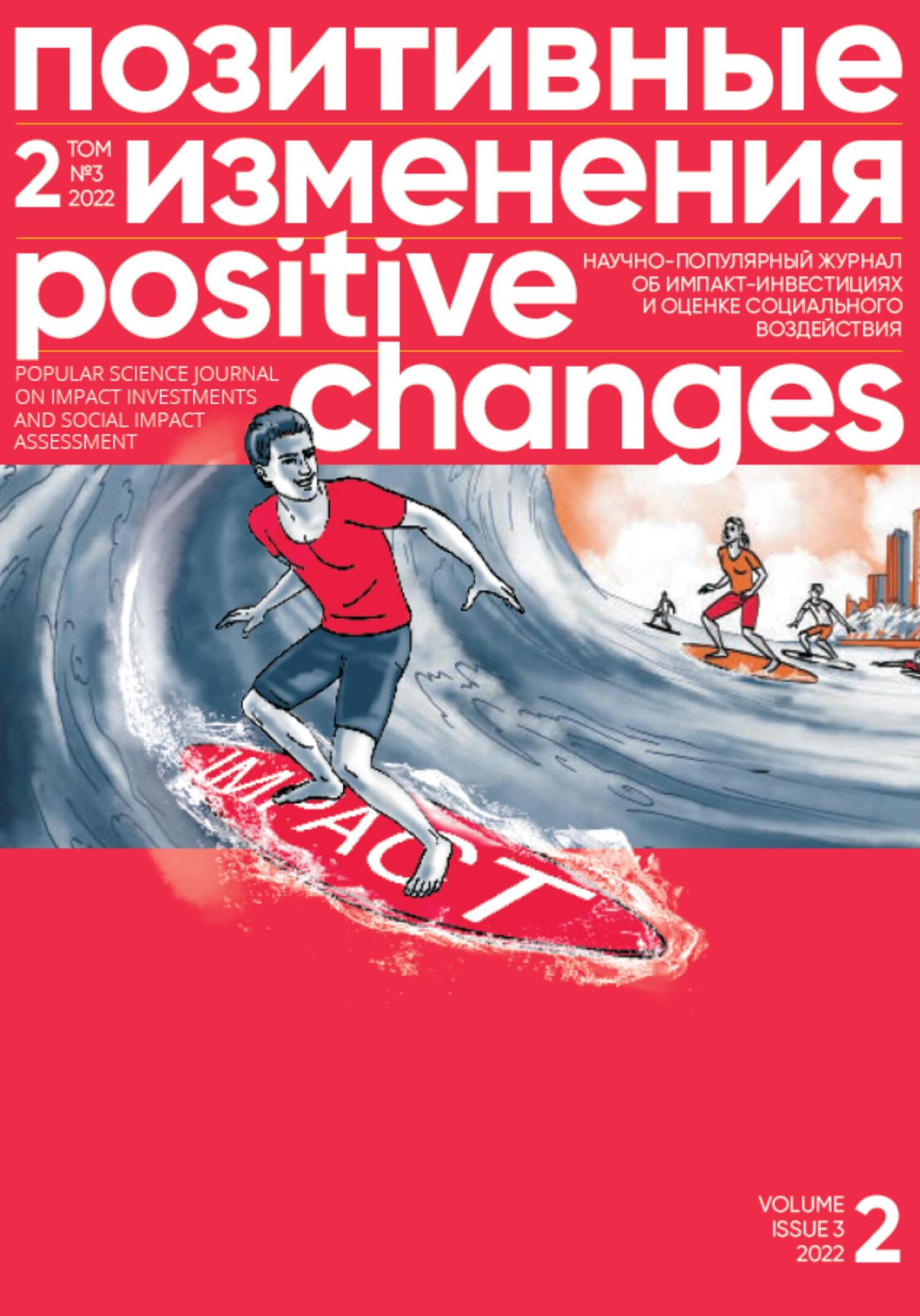was happening to me. I already had a crowd of subscribers at the time, because for everyone it was a life-giving refreshment, information on how, where and why to go to rehab.
Next, when we organized "The Ark,” a public organization for the disabled, and started doing things, the organization gained reputation. The mayor and the governor knew they could trust the guys from the Ark. That is, we are the crazy organization that, for example, received a grant of 100,000 rubles, added 100,000 of our own, raised another 100,000 from the Kaliningrad residents, invested it all in a project and did something useful with that money. Active work started around 2013. With that reputation, it was easier to develop.
How did your life change after that?
It changed so much that I moved from working nine hours a day to 15.
Surely you had periods when it seemed that everything was a dead end, you couldn't get any further. What helped you in those moments?
I'm an optimist. I know it's going to work out. Always.
I tell my daughters: "Do you know the difference between me and that man over there? He starts a great business and knows right away that the glass is half empty, so he almost certainly won't succeed. He takes on any task, but he has a negative attitude from the start. And the universe hears him: "Okay, whatever you say."
Whatever I take on, even when it seems like a completely lost cause, I know exactly I will have it work out. If it doesn't work one way, we'll try another. We may not get the results directly, but one way or another we will get them.
So you're a proponent of positive thinking?
I guess so. It doesn't all come from reading books, it's my gut feeling. That's the way it's always been. I know things will always work out.
When you have to talk about the results of your activities, in what “dimensions" or “values" do you do it? Do you have a specific system for evaluating the results, the impact of the project?
For example, we have satisfaction questionnaires for clients who have received our wheelchairs and questionnaires for people who have been in rehab. At the end of the course, they write down what they liked, leave their wishes, etc. It's all valuable feedback. Then we read it all out at the council. But live communication with people is always better. So, we started doing campfire gatherings at the end of the rehabilitation course. We roast shish kebabs, eat pilaf, and socialize with the guys in this informal atmosphere. That's much cooler. People relax and tell you: "Look, the main effect for me is not that my knee started bending or that I was able to leave the wheelchair and start walking with a walking frame, but that my kids, who had grown to hate me over the last three years, are now visiting me again. They took a two-month break from me and started visiting me, saying that I had become positive and interesting to talk to again and they wanted to communicate with me.” It's not often that you read this kind of confession in a questionnaire.
I always found it important to speak in public. I've been in business for a long time, so I have more ideas than the opportunities to implement them. I happily share my ideas so someone else can implement them.
What project are you working on right now?
We have an unfinished 5-hectare garden park behind the factory. We would like our patients to be able to go out for a walk and sit under the pine trees, not just attend the rehab.
A separate training area, where we simulate all the obstacles a person can face in the city: 1,000-year-old German cobblestone, regular paving stones, rails, a drain gutter across paving slabs, ordinary ramps, steep ramps, all kinds of steps. We will be training people to overcome obstacles. Greenhouses, too, where we could grow some vegetables.
You have both a business and The Ark public organization. How are their activities related?
We do not really separate the two organizations, because most people from the Ark also work at the Observer. As a rule, Observer employees are involved in all of the Ark's projects. For example, if I have to go and measure curbs, commission a building that has been renovated by the city, or monitor the commissioning of some new housing, I also send my guys out.
Do you feel more like a social entrepreneur or a public figure?
Probably more of a social entrepreneur after all. We also make money at the Ark, you know. That is, we are an organization with two fully wheelchair-accessible buses. We are the guys the Ministry of Social Policy calls up to say: "We're having a Disability Day, can you help us out?” We don't call them, they call us.
What do you think a social entrepreneur is?
It's quite simple. And I understood this even before the concept was introduced in Russia by "Our Future" Foundation. First, that is a person who addresses a social problem. Second, that is a person who must make some minimum profit, so as not to go broke.
The thing that "Our Future" Foundation is working to develop seems very important to me, because they teach the people to make money. You take the money, you have to pay it back. Yes, it is interest-free, but you still have to pay it back. And this is a very good story, because you're really under normal business conditions, perhaps a little more relaxed than for other people, but still, it's not a gift, it's borrowed money.
Positive content, successful cases, long money at 1 % per annum or completely interest-free, — everything you need to develop social entrepreneurs' projects in Russia.
In your opinion, what could make
